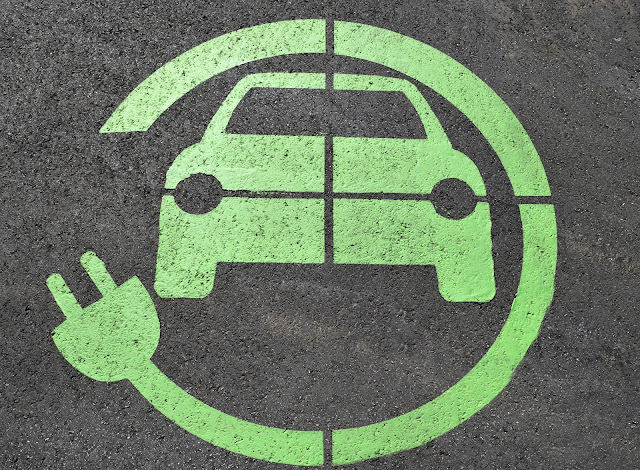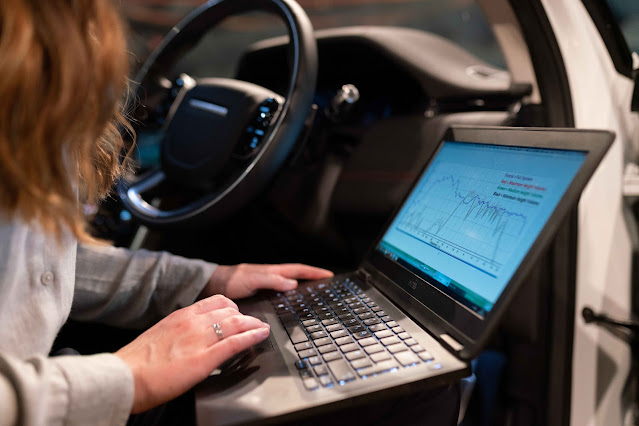Unlike the lithium-ion batteries commonly used in EVs and electrical devices, all-solid-state batteries utilize solid electrolytes instead of liquid ones. This new technology offers numerous benefits, including high-power output, extended range, rapid charging times, and potential for miniaturization. However, there are challenges that need to be addressed, such as the limited lifespan of these batteries and the requirement to mass produce them at a low cost.
Toyota's BEV Factory, an electric vehicle-focused unit, will be
responsible for integrating these batteries into its upcoming vehicle models.
The company's goal is to develop EVs that can be fully charged in under 10
minutes and provide a range of 621 miles, which is approximately double
the distance of conventional EVs powered by lithium-ion batteries.
According to Honda President Toshihiro Mibe, the competitiveness
of batteries is the most crucial factor in improving the overall
competitiveness of EVs. The successful development and implementation of
advanced battery technology will play a pivotal role in determining the success
of these automakers in the EV market.
In its pursuit of increased efficiency and cost reduction,
Toyota's BEV Factory is adopting an innovative manufacturing process called
"giga casting." This technique employs a single die cast for a
section of the chassis that is currently assembled in 33 steps with 86
components. By halving the number of manufacturing steps and introducing
technology that enables unfinished vehicles to move autonomously from one stage
to the next, Toyota aims to streamline the production process and reduce
manufacturing costs significantly.
Toyota's ambitious plans to introduce EVs equipped with
all-solid-state batteries demonstrate its commitment to staying competitive in
the rapidly growing electric vehicle market. By leveraging the advantages of
this next-generation battery technology and implementing innovative
manufacturing processes, Toyota aims to enhance EV performance, reduce charging
times, and scale up production to meet the increasing global demand for
electric vehicles.
Related Articles:
Exploring Society 5.0: Toyota Motor Corp Drives the Future of AI and Smart Cities
Toyota and Subaru Forge Electric Vehicle Partnership for Exciting Future




Comments
Post a Comment